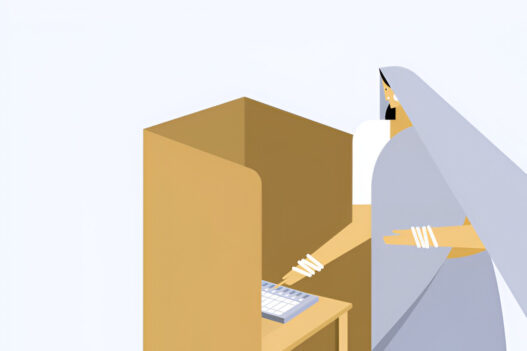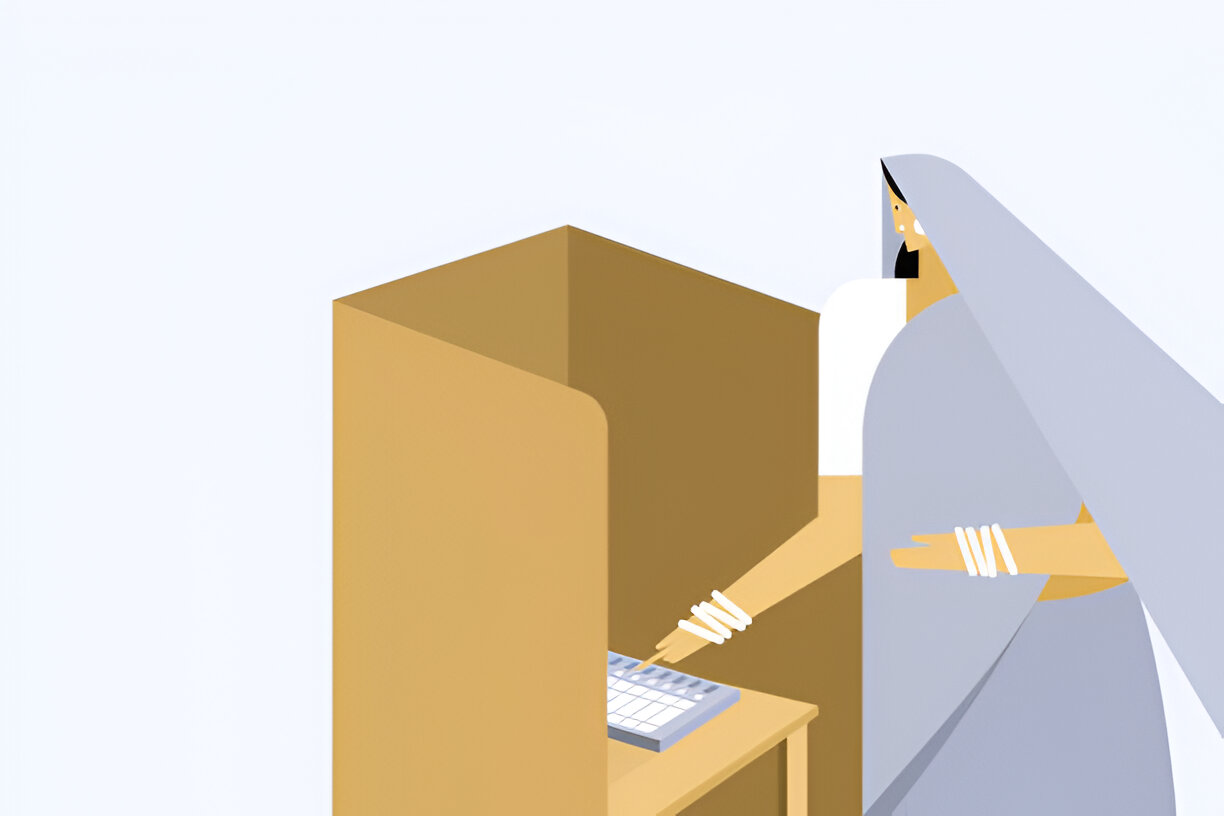Civil rights are fundamental entitlements that protect individual liberties and ensure a just and equitable society. In India, these rights are crucial for the personal development and active participation of citizens in the democratic process. While not all of these rights are explicitly listed under the Fundamental Rights chapter of the Indian Constitution, they are essential for a functioning democracy and are protected through various legal and constitutional provisions.
Key Civil Rights in India:
-
Right to Life: This is the most fundamental civil right, ensuring that the state provides for the personal safety of its citizens. It includes the right to self-defense and implies a life of dignity and quality. The state must protect citizens from threats to their life.
-
Right to Liberty: This right guarantees free movement within the state. It protects against arbitrary detention and ensures that any arrest is followed by a prompt presentation before a magistrate, typically within 24 hours.
-
Right to Property: Property rights are considered essential in a democracy, providing a sense of possession and an incentive to work. While the right to property is no longer a fundamental right in India, it is still a constitutional right, and the state cannot arbitrarily deprive a person of their property.
-
Right to Contract: This right ensures that citizens can freely enter into agreements with each other on the basis of equality. Contracts form the basis of many social and economic interactions, and this right allows individuals to engage in these interactions without undue interference.
-
Right to Freedom of Speech: This right is crucial for a functioning democracy, allowing citizens to express their opinions and exchange views without restraint. It includes the right to criticize government policies and actions.
-
Freedom of the Press: Closely associated with freedom of speech, this right ensures that citizens can publish their opinions in newspapers and pamphlets. A free press is essential for molding public opinion and holding those in power accountable.
-
Right to Form Associations: This right allows individuals to form groups and organizations to represent their various interests, whether cultural, educational, philanthropic, or religious. This right acknowledges the diverse aspects of human life and the need for collective action.
-
Right to Religion and Conscience: This right ensures that individuals are free to follow any religion they choose, with complete liberty of belief and worship. The state is expected to remain neutral towards all religions.
-
Right to Culture and Language: This right ensures that every citizen can follow and develop their own culture and language. It also protects the rights of minorities to preserve their distinct identities and access education in their language.
-
Right to Equality: This right ensures the absence of legal discrimination against any individual or group. All citizens are equal in the eyes of the law and are entitled to equal protection. The state cannot discriminate on the basis of religion, race, language, caste, or sex.
-
Right to Family: This right recognizes the importance of the family unit and includes the right to marriage, the right to maintain the purity of marriage, the right to custody and control of children, and the right of inheritance.
Limitations on Civil Rights:
It’s important to note that these civil rights are not absolute and can be restricted in the interest of the state, especially during times of war or emergency. Even the rights to life, liberty, and property can be restricted to protect the sovereignty and security of the nation. During such times, citizens are expected to uphold the state’s interests, even at the cost of personal sacrifice.
Conclusion:
Civil rights are essential for a just and democratic society. In India, these rights, though not all explicitly listed as Fundamental Rights, are protected through various legal and constitutional provisions. They ensure that citizens can live with dignity, participate in society, and express their views freely. While these rights are subject to reasonable restrictions, they form the bedrock of a free and democratic India.




